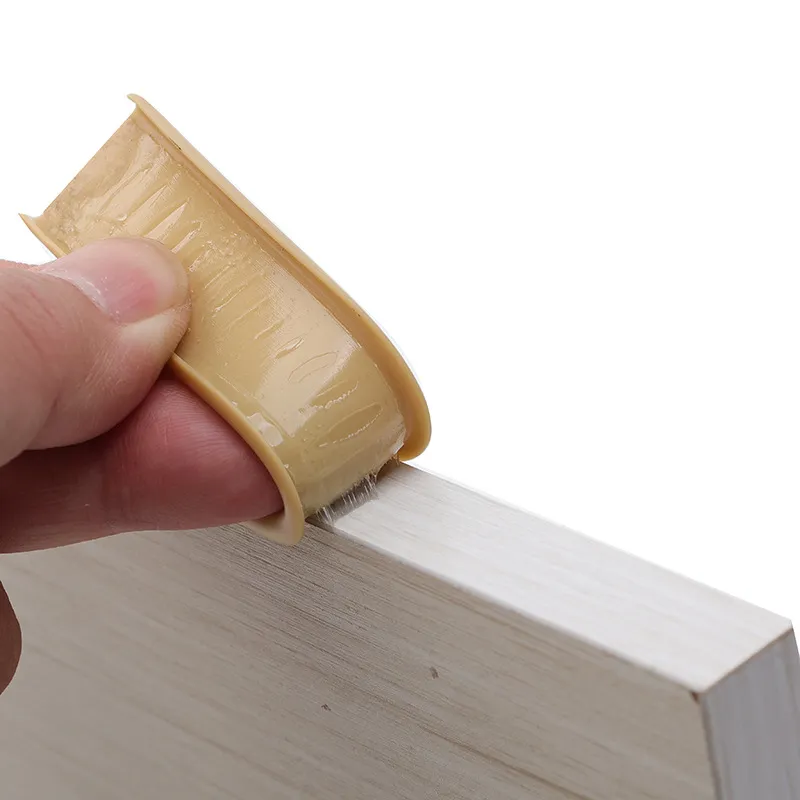garage door seal types
Understanding Garage Door Seal Types
A garage door is more than just an entry point for your vehicle; it's a barrier that protects your garage and home from the elements. One of the most critical components of a garage door is its seal. Garage door seals are designed to keep out moisture, dirt, and pests, enhancing the overall efficiency of your garage. There are several types of garage door seals, each serving its unique purpose.
1. Bottom Seals
The bottom seal is perhaps the most crucial seal on a garage door. Typically made from rubber or vinyl, it runs along the bottom of your door to prevent air, water, and debris from entering the garage. It is especially important for those living in areas with heavy rain or snow, as a good bottom seal can keep your garage dry and clean. Installing a bottom seal is relatively straightforward and can often be accomplished as a DIY project.
Located on the sides of the garage door, vertical seals are designed to fill the gaps between the door and the frame. These seals help to insulate the garage by reducing drafts and keeping pests at bay. Vertical seals can be made from materials like rubber or weatherstripping and are crucial for garages that experience temperature extremes.
3. Header Seals
garage door seal types

The header seal runs along the top of the garage door, ensuring that no water or debris enters the garage through the gap between the door and the frame. A well-fitted header seal can also help to keep out cold air during the winter months. This type of seal is often made from soft rubber or vinyl, allowing it to compress as the door closes, providing an effective barrier.
4. Threshold Seals
Installing a threshold seal requires placing a strip along the floor of the garage where the door meets the ground. It provides additional protection, particularly against water seepage. This type of seal is particularly useful in garages located in flood-prone areas or where melting snow can create puddles.
5. Universal Seals
For newer or standard garage doors, universal seals are available that can be easily cut to fit any door size. These seals often come with adhesive backing for easy installation. They serve the same purpose as other seals but provide the added benefit of being customizable.
Conclusion
Choosing the right garage door seal can significantly enhance the functionality and efficiency of your garage. Whether you need to keep out harsh weather, unwanted pests, or dirt, understanding the different types of seals available is essential. Regular inspection and maintenance of these seals will ensure they perform effectively, keeping your garage in top condition for years to come. Investing in quality seals is a smart decision for any homeowner looking to improve energy efficiency and reduce repair costs in the long run.
-
Under Door Draught Stopper: Essential ProtectionNewsJul.31,2025
-
Garage Door Seal and Weatherstrips for ProtectionNewsJul.31,2025
-
Edge Banding Tape for Perfect EdgesNewsJul.31,2025
-
Table Corner Guards and Wall Corner ProtectorsNewsJul.31,2025
-
Stair Nose Edging Trim and Tile Stair SolutionsNewsJul.31,2025
-
Truck Bed Rubber Mats for Pickup BedsNewsJul.31,2025
-
Window Weather Stripping for Noise ReductionNewsJul.29,2025